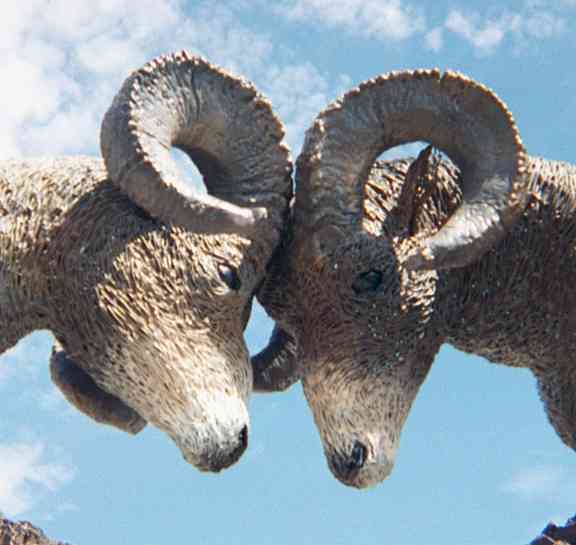Bob’s an insurance agent, and suddenly, after 20 years in the business, he’s failing at his job. He’s making 20 calls a day but the sales just aren’t happening. “I know how to make sales. I’m good at what I do!” he says. “At least, I thought I was.” Bob’s making a classic mistake that you might be making too: becoming too good at what he does.
As a rookie insurance salesperson, Bob simply didn’t know what he didn’t know on the subjects of how to sell insurance and be a valuable resource to his clients. He was in the first stage of the “conscious competence” learning stages, most often credited to Dr. Thomas Gordon of “Parent Effectiveness Training” fame in the 1970s.
The four stages of learning describe how a person learns:
- Unconscious Incompetence: You don’t know that you don’t know something.
- Conscious Incompetence: You are now aware that you are incompetent at something.
- Conscious Competence: You develop a skill in that area but have to think about it.
- Unconscious Competence: You are good at it and it now comes naturally.
As Bob progressed through these stages, he became aware (conscious) of being incompetent at selling insurance (second stage). Because he wanted to become a successful insurance agent and provide for his clients and family, he grew the skills and developed the processes to eventually become competent by focusing continually on these processes (third stage). He worked hard and received his just rewards.
Finally, he achieved a level of Unconscious Competence where he does exactly what he needs to in order to get the results he wants. This is a very accurate definition of the condition of Knower/Judger. Clearly our K/J can keep us on track and help us get what we want…until the target changes, or the rules shift, or a global recession sets in, or (insert your condition here).
So in 1988, Bob learned that 20 dials a day would get him the results he wanted. Now he’s achieved Unconscious Competence, and he’s still making 20 dials a day today. It’s embedded in his Knower/Judger. Today in a down economy with the Internet in front of us 24/7, his 20 dials yield only two decision makers. Not the result he’s after.
Bob is executing the behaviors that have brought him success in the past (Where does our K/J come from?). He’s caught between a rock — his historically successful K/J process –and the proverbial hard place — inadequate sales. Results? Stress. Self-doubt. Inadequate income. Compromised lifestyle. Unhappy.
The Fifth Stage
I believe that you cannot manage results. You can only manage the process by which you generate those results.
We need to enter a fifth stage—what I call “managing managing the process.” It is the ability to be so aware of one’s Unconscious Competence that you can access your Learner/Researcher for new data (about the target change, rule shift, etc.). In this stage, you are able to see that the current (unconscious, K/J) competence will not yield the desired result in this particular situation. You find yourself back at stage one, and you develop new processes for each subtly different situation.
If you’re really good at what you do but aren’t getting the results you want, examine those Knower/Judger processes. Try opening your Learner/Researcher channels for new data on the target, the rules, the environment, and the people. Decide to recognize (be conscious of) your present incompetence. Life-changing.



